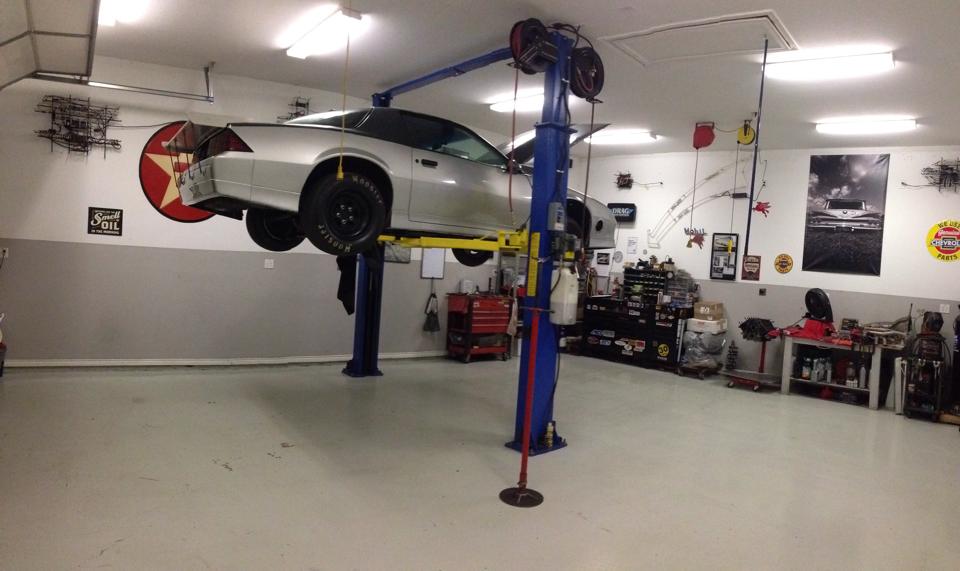If you own a used car or have had your car for a while, your mechanic will probably suggest a car tune-up at some point. While most people know that vehicles need regular maintenance to run properly and many have heard of a tune-up before, far fewer actually know what the phrase really means. Here’s a closer look at what happens when you take your car in for a tune-up.
What a Tune-Up Really Entails
According to cars.com, a traditional tune-up referred to replacing parts that make the ignition and fuel system run to the best of their ability. Many of the parts associated with the original idea behind a tune-up are actually no longer used in most modern cars.
That said, there are still plenty of parts that will need to be replaced as time goes on to make sure your car runs as it’s designed. For this reason, the term tune-up is still used. If your mechanic suggests a tune-up, it means that there are a lot of parts on your vehicle that are nearing the end of their life. A tune-up will replace them and keep your vehicle running well.
What Gets Replaced During a Tune-Up?
A tune-up varies depending on the auto shop. However, there are a number of items that a good auto shop will check whenever performing a tune-up. Here’s a list of items that shouldn’t be overlooked:
- Car battery
- Spark plugs and spark plug wires
- Fuel filter
- Air filter
- PCV valve and breather filter
- Rotor or distributor cap (if needed)
- All fluids
- Check engine lights of any kind
A tune-up may mean that only a few items listed above need tending to. If you take good care of your car and follow the manufacturer recommended maintenance schedule, you shouldn’t have much need for a traditional tune-up. However, it never hurts to have a mechanic look over your vehicle and ensure that it’s running properly.
Need to have a tune-up done on your car? Contact us today!

